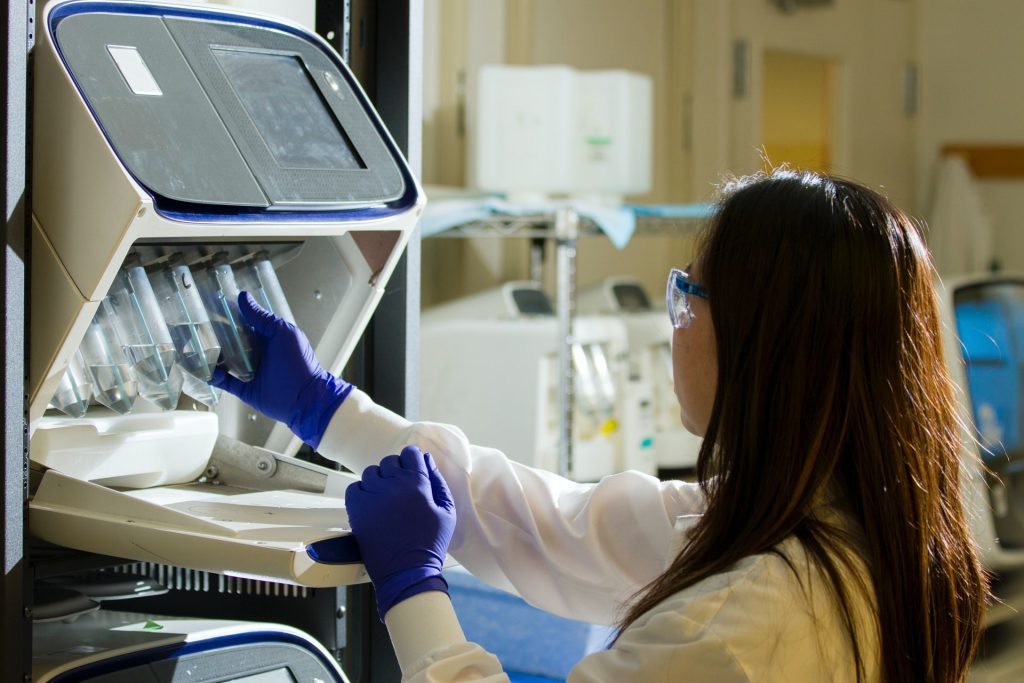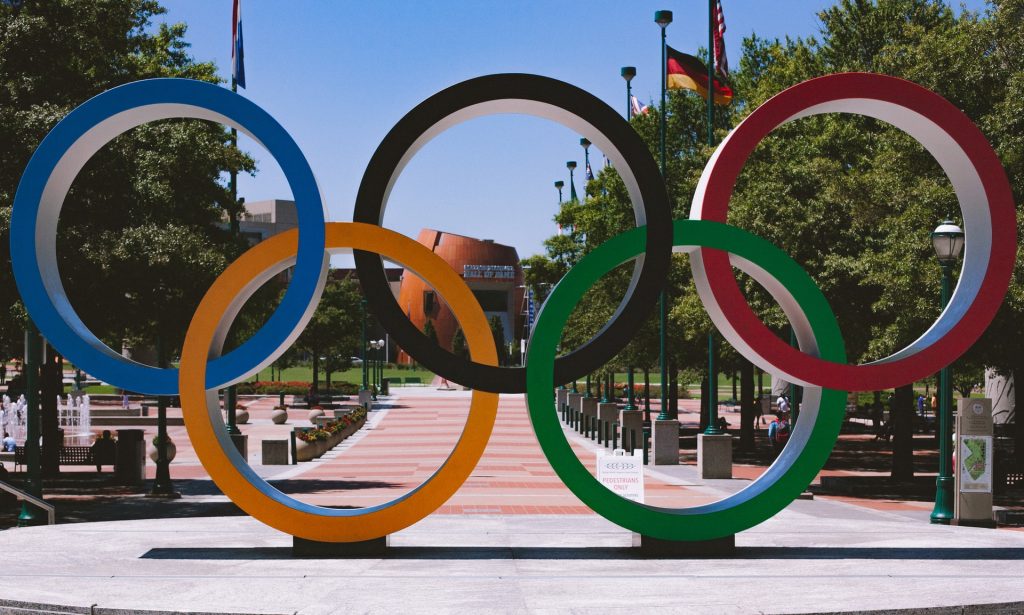New Infectious Tick-borne Virus Emerges in Japan

A previously unknown virus that can infect humans and cause disease has been identified by scientists in Japan. The novel infectious virus, named Yezo virus and transmitted by tick bites, causes a disease characterised by fever and a drop in blood platelets and leucocytes. The discovery was reported in Nature Communications.
Keita Matsuno, a virologist at Hokkaido University’s International Institute for Zoonosis Control, said: “At least seven people have been infected with this new virus in Japan since 2014, but, so far, no deaths have been confirmed.”
The Yezo virus was discovered in 2019 after a 41-year-old man was hospitalised with fever and leg pain after a possible tick bite while walking in a local forest. He was treated and discharged after two weeks, but tests showed he had not been infected with any known viruses carried by ticks in the region. A second patient showed up with similar symptoms after a tick bite the following year.
Genetic analysis of viruses isolated from blood samples of the two patients found a new type of orthonairovirus, a class of nairoviruses. This class includes pathogens such as the Crimean-Congo haemorrhagic fever virus. The scientists named it Yezo virus, after an old name for Hokkaido, the northern Japanese island where the pathogen was discovered. The new virus was found to be closely related to Sulina virus and Tamdy virus, detected in Romania and Uzbekistan, respectively, and recently Tamdy virus reportedly caused acute fever in humans in China.
The researchers then analysed blood samples taken from hospital patients who showed similar symptoms after tick bites since 2014, finding additional positive samples from five patients. These patients, including the first two, had a fever and reduced blood platelets and leucocytes, and showed indicators of abnormal liver function.
To determine the likely source of the virus, the research team screened samples collected from wild animals in the area between 2010 and 2020. They found antibodies for the virus in deer and raccoons and the virus RNA was also found in three major species of ticks in Hokkaido. Matsuno noted that, “The Yezo virus seems to have established its distribution in Hokkaido, and it is highly likely that the virus causes the illness when it is transmitted to humans from animals via ticks.”
As the COVID pandemic has shown, many unknown viruses are present in animal and some can jump to humans. “All of the cases of Yezo virus infection we know of so far did not turn into fatalities, but it’s very likely that the disease is found beyond Hokkaido, so we need to urgently investigate its spread,” said Matsuno.
The research team now plans to determine the distribution of the virus nationwide.
Source: Hokkaido University




